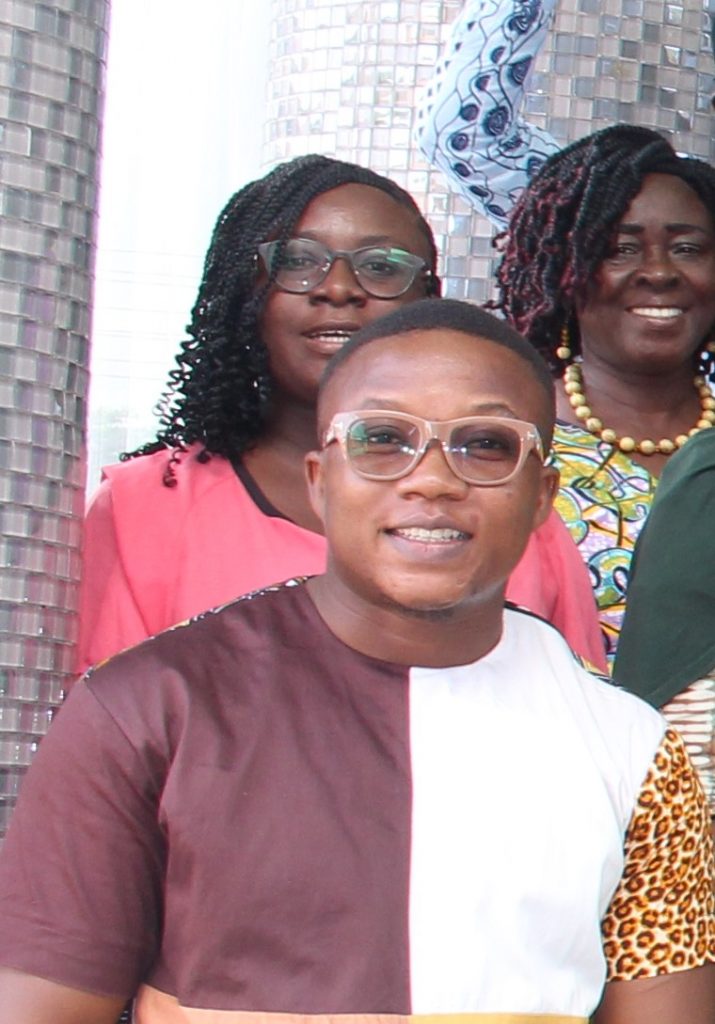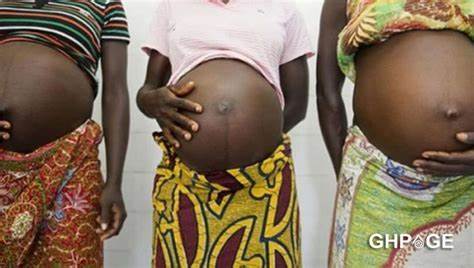Sexual Reproductive Health Rights (SRHR) are the rights of individuals to have access to comprehensive sexual and reproductive health services. These rights include the right to make informed decisions about contraception, pregnancy, and childbirth, as well as the right to access information and services related to sexually transmitted infections (STIs), including HIV/AIDS.
Presently, adolescents make up nearly half of Ghana’s population, representing 43.4% of the total population (2021 Ghana Population and Housing Census interim report, 2022.
Northern region has been ranked 7th by the Ghana Health Service as leading contributor of the pregnant adolescent health population in Ghana. The service Demographic and Health Survey, 2022 indicates that the prevalence is 14.2%.
These pregnancies it said are often unintended and result in unsafe abortion and maternal mortality. The service says adolescents face challenges related to sexually transmitted infections (STIs) including HIV; sexual exploitation, and violence and discrimination.
A public health nurse with the northern regional health directorate Tonye Patrick disclosed this at a day stakeholders engagement organized by Norsaac in Tamale. The stakeholders made up of GES, health service, CSOs and youth groups deliberated on major challenges facing adolescents SRHR in the region including lack of spaces in the various health facilities to ensure privacy and confidentiality.

Mr Tonye said the engagement was a very good opportunity for the main stakeholders who are indirect contact with adolescents and also talk about their health issues. He said stakeholders’ engagement was important before any program or strategy is being role out in their operational areas.
Youth Advocacy and Campaign Coordinator at Norsaac, Blessilla Na-afoe Kandoh said the engagement was part of activities in the implementation of power to choose seven-year reproductive health project which seeks to empower adolescent girls and young women in Savelugu and Sagnarigu in the northern region.
One of key issues continued to emanate from the engagements are unintended pregnancy, teenage pregnancies and unsaved abortions at the health facilities were alarming. Ghana health service, she said are unable to deliver sections on preventive and contractive use at basic and senior high schools.
This is because Ghana Education Service policy does not allow such education on preventive and contraceptive use. As development partners, we are mindful of the fact the challenges are existing and increasing and therefore the need for collaboration to tackle the issue holistically, Blessilla explained.
Another major challenges she added was is GES being policy implementer and ministry of education as policy formulator and CSOs would have to engage the ministry at the top level.
she emphasized the need for ministry of health and ministry of education to come together and look at the policy holistically having implemented for some time now.
The gaps and challenges identified she added need to be address in the policy to ensure that young people reproductive health issues are not gamble with.


